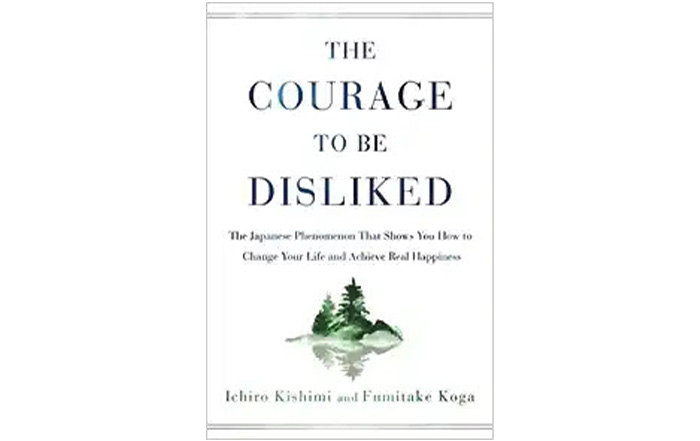In the book “The Courage to be Disliked,” the duo, Ichiro Kishimi and Fumitake Koga, invites us to embrace horizontal relationships and discuss why these bonds hold more significance than vertical ones.
But what exactly are horizontal and vertical relationships and why does this matter?
Vertical relationships are those where one individual is positioned above the other, either due to their authority, power or experience. We encounter such relationships in various aspects of our lives, such as with our parents, teachers, or bosses. These relationships can be beneficial when there’s a need for clear instruction or guidance. However, over-reliance on vertical relationships can lead to misuse of power and less mutual understanding. In a hierarchical setup, people often seek validation through recognition and praise. The key to a joyful life doesn’t lie in seeking others’ approval, but in living true to your own values.
On the other hand, in horizontal relationships, you see others as equals and peers, not on a scale lower or higher than you. Take your boss, for instance. They may hold a higher rank in the workplace, but at the core, they’re just as human as you are. They are equal to you on a human level, not above you.
We can even build horizontal relationships with kids. This isn’t to say that a child should be treated like a full-grown adult. The abilities and experiences of an adult and a child are not the same, but they’re still equal as humans.
Horizontal relationships encourage people to build self-confidence and self-respect, allow them to make their own choices and help them understand that everyone has their unique value in this world.
Here is a little mental exercise: think of you and others just cruising along on a flat surface where it doesn’t matter who’s lagging behind or speeding ahead. There ain’t no up or down, no ladder to climb. You’re just focused on outdoing your own self.
When you feel people are your comrades, not your superiors or inferiors, the world becomes a more pleasant place. Horizontal relationships are often more satisfying than vertical relationships, as they are based on collaboration, not competition. And they are essential for a healthy society, as they allow people to truly connect with each other.

